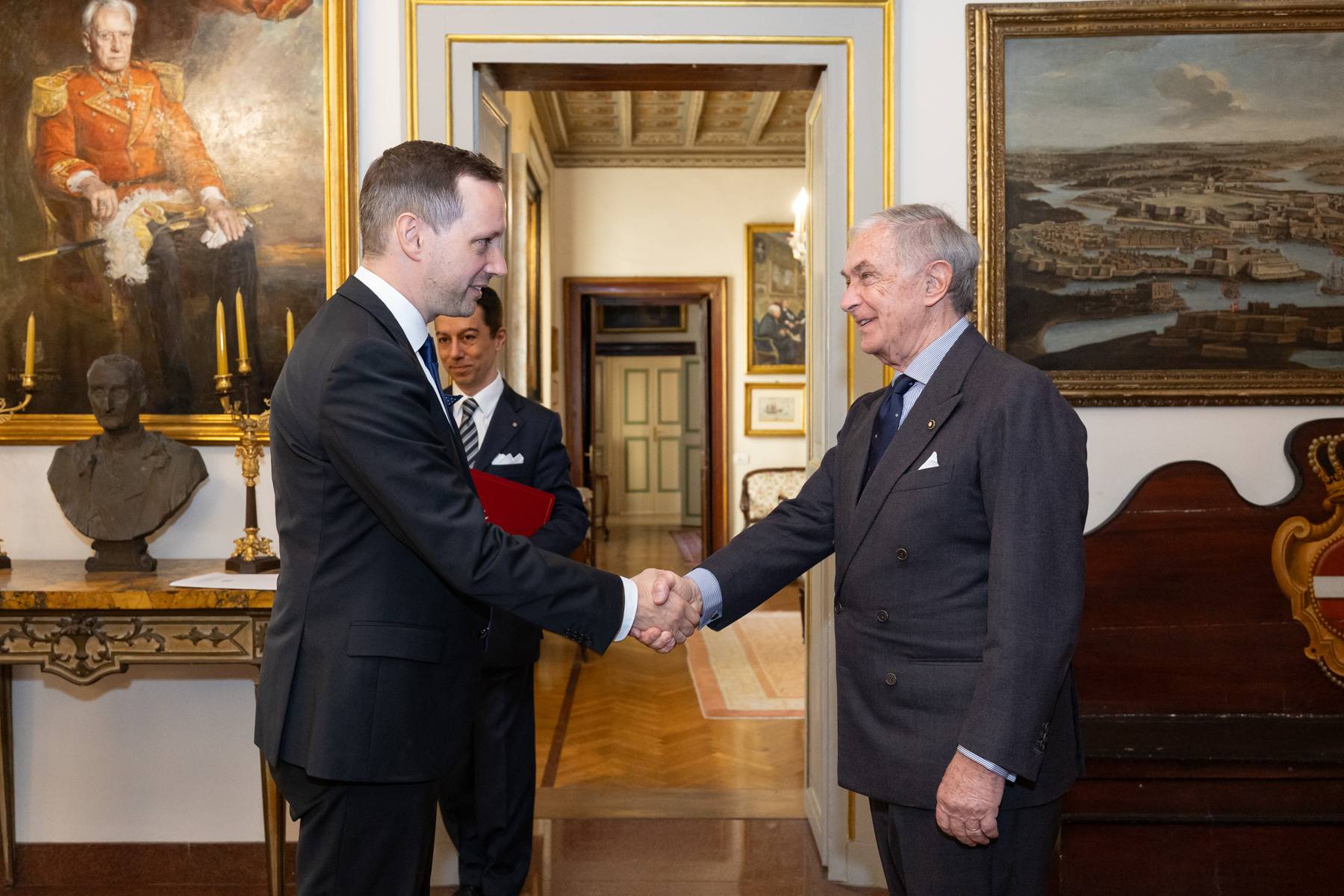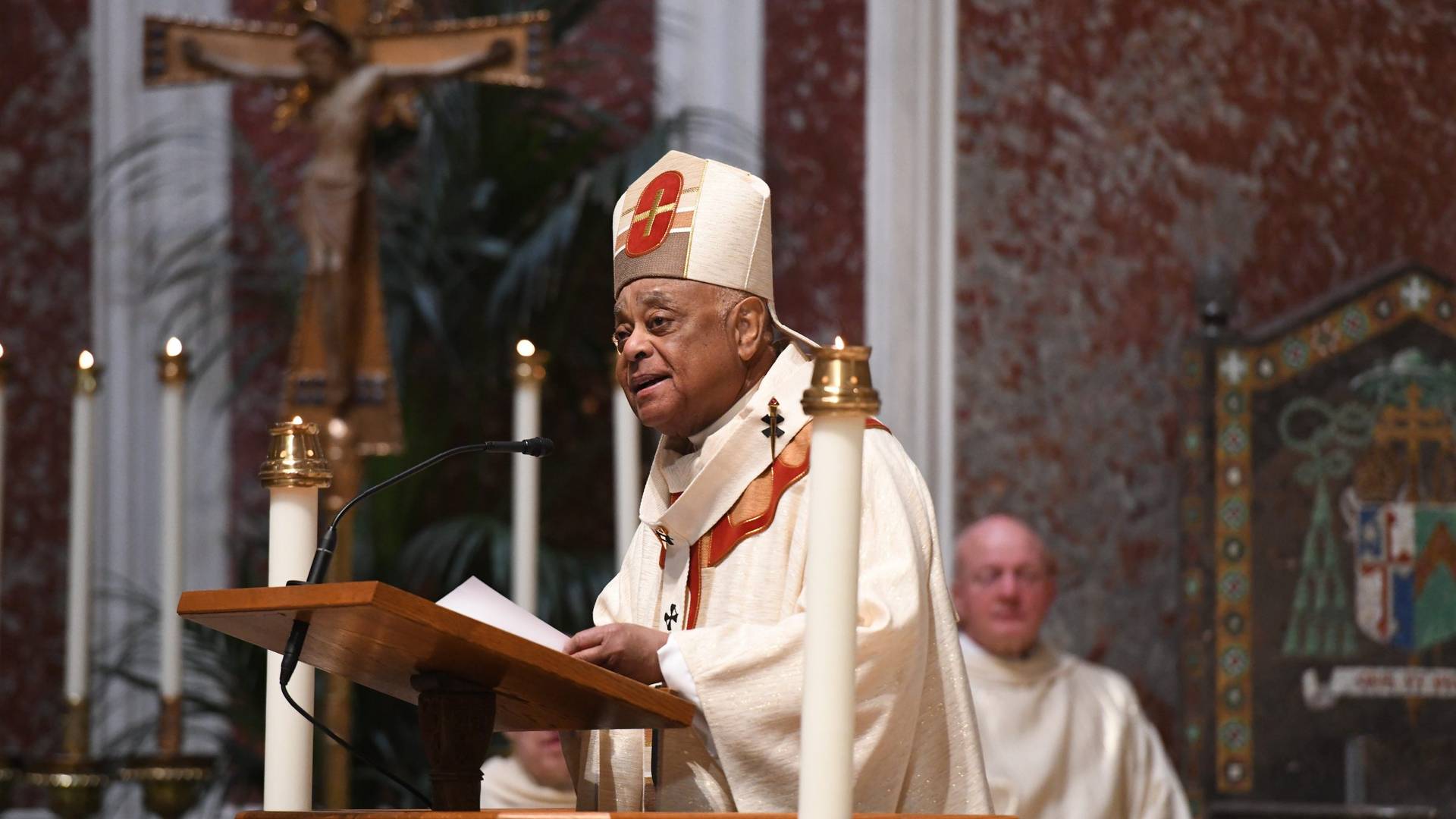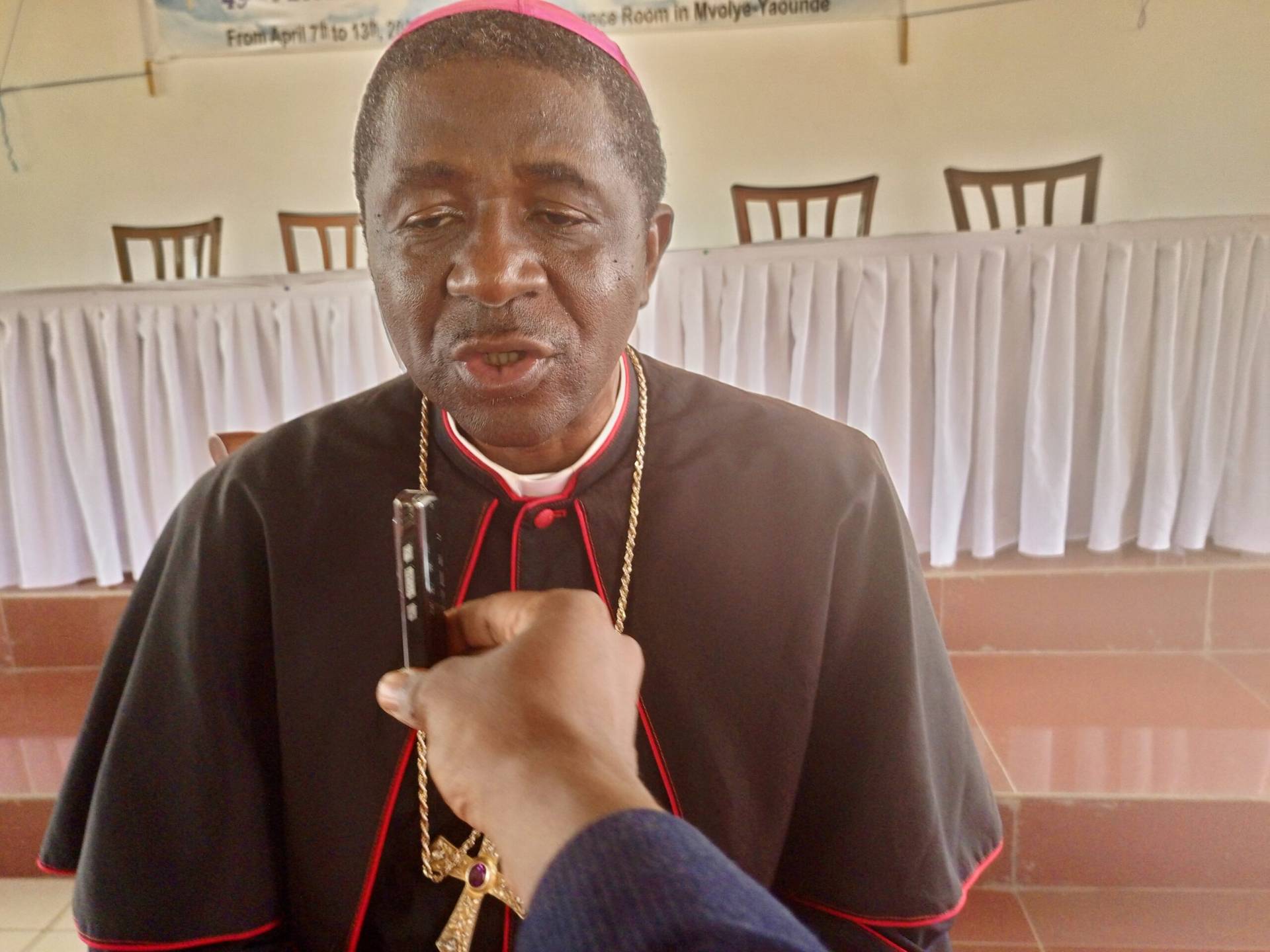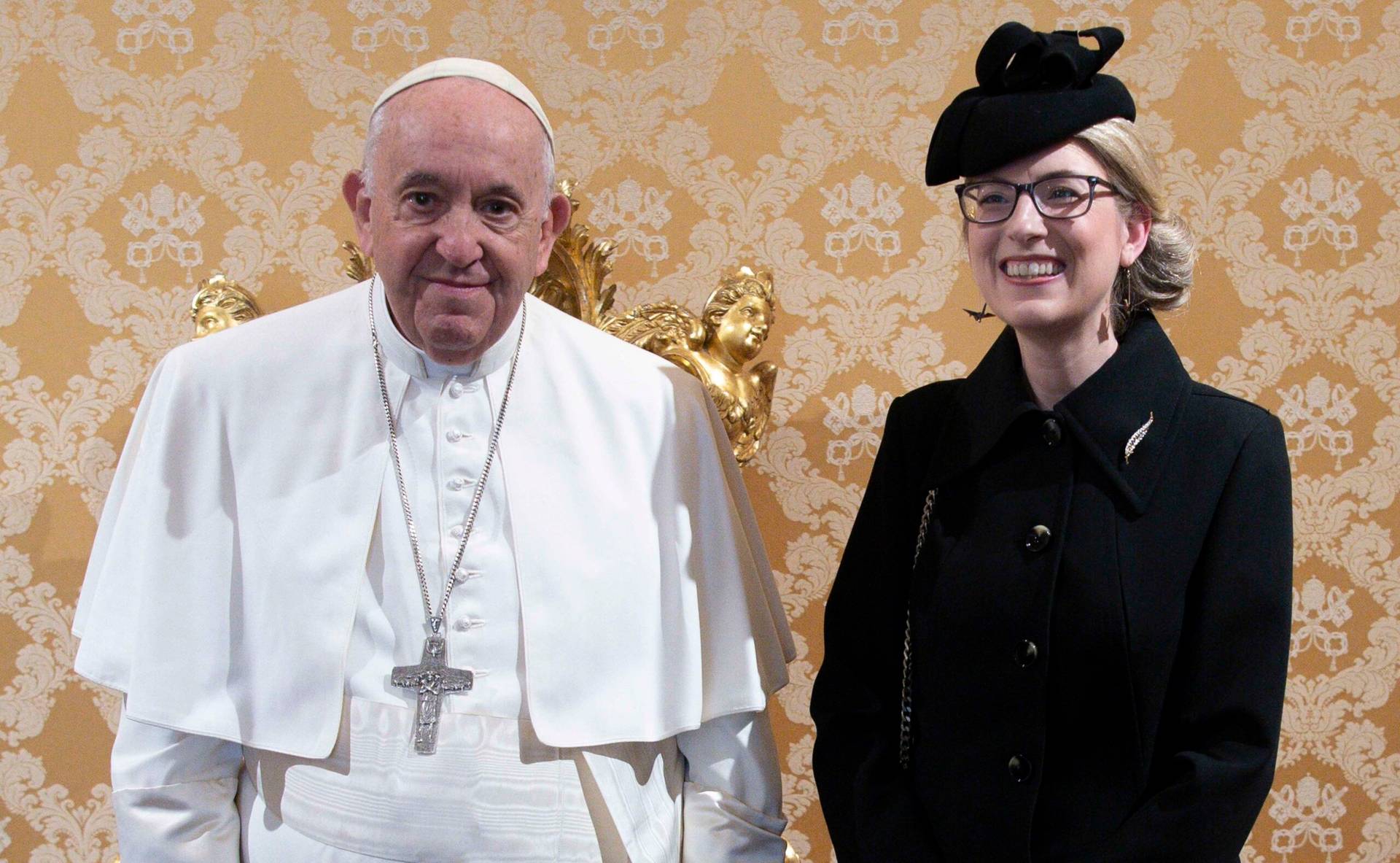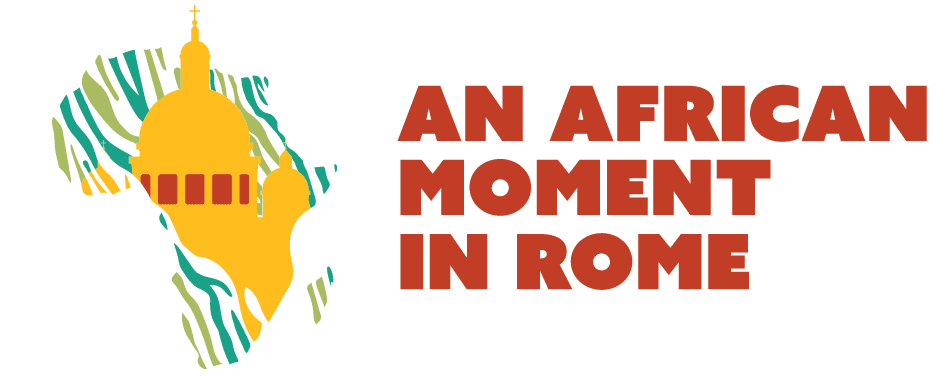 ROME – A gathering in Rome this week aims to bring the voices of Africa to the world, and even before it begins the main organizer is doing just that, saying Monday that the debate over Communion for divorced and civilly remarried Catholics unleashed by Amoris Laetitia is already settled in Africa – and that the answer is “no.”
ROME – A gathering in Rome this week aims to bring the voices of Africa to the world, and even before it begins the main organizer is doing just that, saying Monday that the debate over Communion for divorced and civilly remarried Catholics unleashed by Amoris Laetitia is already settled in Africa – and that the answer is “no.”
“If you go to the ordinary parishes in most of Africa, you will find that people who are in the situation you’re talking about would not present themselves for Communion because they already accept that these are the rules,” said Father Paulinus Odozor, a Nigerian theologian who teaches at the University of Notre Dame.
“We settled that long ago,” he said, bluntly saying of divorced and civilly remarried Catholics potentially receiving Communion, “They can’t.”
Odozor spoke on “The Crux of the Matter,” the weekly radio program of Crux airing on the Catholic Channel, Sirius XM 129, Mondays at 1:00 p.m. Eastern.
He’s in Rome as the principal organizer of a March 22-25 conference titled “African Christian Theology: Memories and Mission for the 21st Century,” hosted by Notre Dame’s Global Gateway center.
Odozor said he’s been frustrated, even nauseated, at the way Catholic debate over Amoris in the West has focused obsessively on the Communion question.
“The problem with the West is that it narrows things down, stripping down a text like that to one or two issues,” he said. “Reading Amoris Laetitia again, I was struck by its incredible richness. We in Africa sometimes wonder at the way Catholicism in the West takes just one issue and runs with it, without looking at the whole context.
“It’s terrible,” he said, “and it can be nauseating.”
On other matters, Odozor said the greatest strength of the Church in Africa is its people.
“People are the greatest assets, a lively people from Johannesburg to anywhere else in Africa,” he said. “It’s the people, their faith. Whenever I feel low in my faith, all I need to do is to find money to buy a ticket to any country in Africa!”
In terms of challenges, he cited an urgent need for a “second wave” of evangelization.
“The United States has a couple hundred Catholic colleges and universities, and Africa needs institutions like this,” he said. “The first evangelization has happened, but it needs a second wave, which is both an institutional and an intellectual task … We need to give African Christianity and African Catholicism a thorough grounding in thinking, a thorough theological basis.”
In a burst of national pride, Odozor also predicted that should Pope Francis visit his home nation of Nigeria, they’d beat the crowd size record for a papal event of six million established in the Philippines in January 2015.
The following are excerpts from Odozor’s interview on “The Crux of the Matter.”
Crux: You’re bringing together churchmen, theologians, activists, and lay people and students. Is the idea to bring together representatives of the whole Catholic church in Africa?
Odozor: Yes, that’s what we tried to do. To have a good conversation you try to reach out to all sorts of people within the community. We tried to reach out to people who represent various voices and various segments of the community, to bring them together to tell us about their church, to discuss their church, to worry about the future of the church, to celebrate the achievements of their church, and to tell us what the church could be doing better to make the Gospel of Christ better known in Africa and to make Africa a better place.

Who’s the target audience? Is it the Christian community in Africa itself, or is it that you want the voice of Africa to be heard by the rest of the church?
Both. First, these various segments of the Christian community in Africa and talking among themselves is one component of the conference. But it’s also true that we’re coming to Rome deliberately, because this is where the Christian world meets. People who might not have the chance of traveling all over Africa can see and hear. We’re trying to make sure that Africa’s realities are out there.
You know, a thing like this has its risks. You have to be prepared to wash your dirty linen in public, where everyone can see. That’s a brave choice, but what else can we do? If Africa wants to be taken seriously as a player, Africa has to be honest about itself. We don’t just want people to hear the wonderful things we’re doing. We also want people to hear the terrible things we’re doing, and the things we’re not doing that well.
We also want other people to look at what Africa is doing. One set of people you didn’t mention [at the conference] is a group of people who aren’t Africans, but who have an interest in Africa … the African church is not closed in on itself, but it’s a church that wants to celebrate its Catholicity, that wants to be church in its own way but also wants to be ‘Church’, in communion with the other churches of the world.
You mentioned you need to be realistic about Africa. What would you say is the greatest asset of the Church in Africa, and what needs to be worked on the most?
People are the greatest assets, a lively people from Johannesburg to anywhere else in Africa. It’s the people, their faith. Whenever I feel low in my faith, all I need to do is to find money to buy a ticket to any country in Africa! I come back rejuvenated, even liturgically, everything.
But you know, African Christianity is also facing a lot of challenges. African Catholicism is facing challenges from Pentecostalism and so on. African Christianity itself is facing the challenge of being deeply rooted, not only in the culture but also in the Gospel. You might say that’s not peculiar to Africa, that this is the challenge everywhere, but Africa has its own brand of these challenges. Remember that these are young churches.
There’s also the question of institutional support for the church in Africa. I teach at Notre Dame, but we don’t have an equivalent of Notre Dame in Africa. The United States has a couple hundred Catholic colleges and universities, and Africa needs institutions like this. The first evangelization has happened, but it needs a second wave, which is both an institutional and an intellectual task. When we gather in a conference like this, it’s our little contribution to that effort. We need to give African Christianity and African Catholicism a thorough grounding in thinking, a thorough theological basis, and we want to see what we can do reflecting on this challenge.
Let’s talk about how the church in Africa may be different from the church in the West. Right now, the West is gripped by debate over Amoris Laetitia, and specifically the question of whether divorced and civilly remarried Catholics can receive Communion. Is that something in which Africa is even interested?
The problem with the West is that it narrows things down, stripping down a text like that to one or two issues. Reading Amoris Laetitia again, and I was reading it as I came over on the plane, I was struck by its incredible richness. We in Africa sometimes wonder at the way Catholicism in the West takes just one issue and runs with it, without looking at the whole context. It’s terrible, and it can be nauseating … even if there is a debate over divorced and remarried Catholics and Communion, that shouldn’t be taken out of context.
On that specific point of whether someone who divorces and remarries outside the Church can receive Communion, is that an issue for the church in Africa?
No, because we settled that long ago. They can’t.
And everyone is okay with that?
Everyone’s okay with it.
Is that true of all of Africa? Would the answer be the same in South Africa as it is in Nigeria, for instance?
I think so. Basically, our problem in Africa is not with divorce, remarriage and Catholics receiving the sacraments. Our problem is what to do with polygamy and polygamous families and so on. If you go to the ordinary parishes in most of Africa, you will find that people who are in the situation you’re talking about would not present themselves for Communion because they already accept that these are the rules. It’s not an issue, especially given that people now have a chance to examine their marriages and ask if they were validly done [through the annulment process]. If it was validly done, then, well … too bad!
Does it bother you when people talk about the church ‘in Africa,’ as if the entire continent is all the same?
It’s okay, because there are commonalities.
Finally, how do African Catholics feel about Pope Francis?
They love him, they love him. We would wish, though, that he visits more often! Holy Father, if you’re listening, we love you and we’d love to have you around.
[What impresses Africans about Francis] is his simplicity, his honesty … you know, this guy is a pastor and he goes to the heart of the matter as pastors do. He doesn’t always put things in grand theological language, but good pastors have this thing about them, which is that they know how to speak to the people. You may not always like what they do, but you respect the intention, which is to bring Christ to people and to make the Gospel work for people.
We theologians might spend a lot of time arguing over this or that, and that’s okay, that’s what we’re paid to do, but the people love him.
Assume Pope Francis goes to Nigeria, and he makes a stop in Lagos. What kind of crowd does he get?
Millions …
You know the Filipinos set the record with six million for the pope in Manilla in January 2015.
We can beat them!






